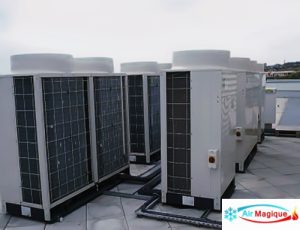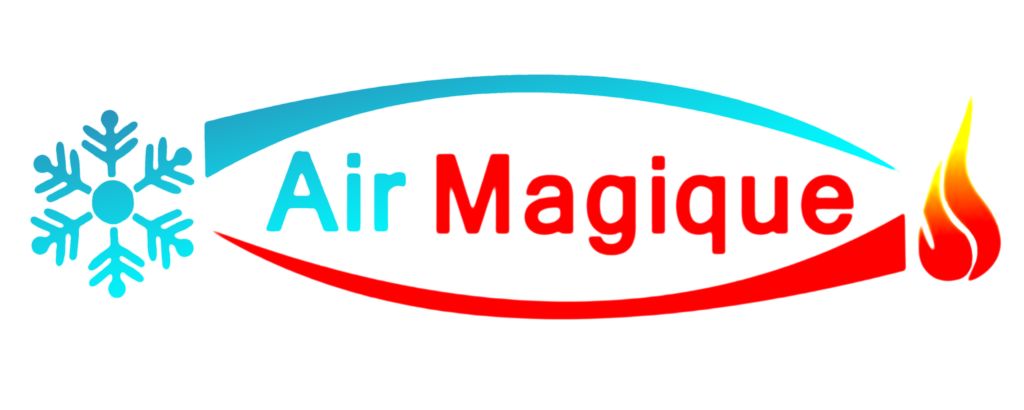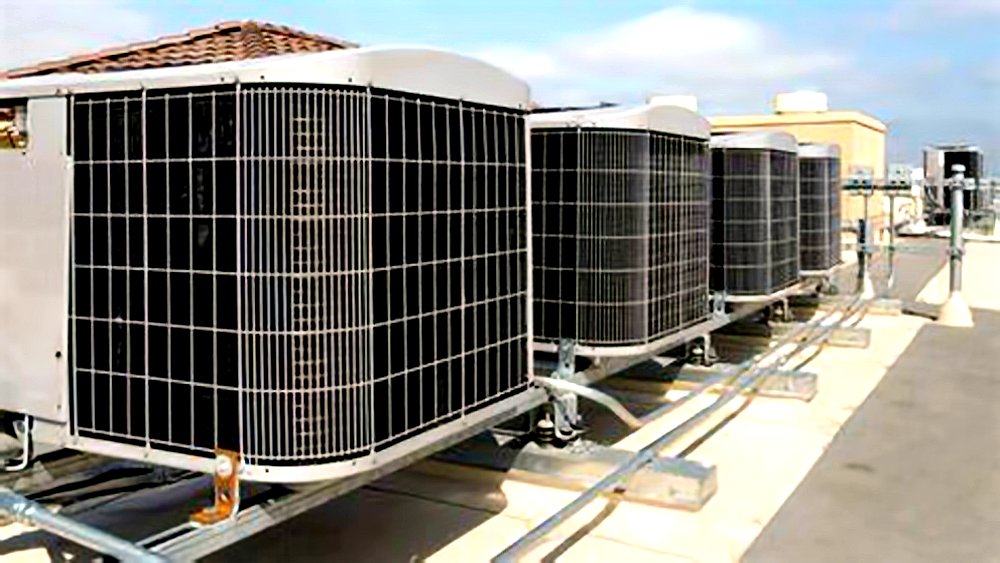In today’s energy-conscious world, maximizing the efficiency of your commercial air conditioner is crucial for both cost savings and environmental sustainability. By implementing certain tips and practices, you can enhance the performance of your system and achieve optimal cooling while minimizing energy consumption. Find these tips below:
1.Regular Maintenance:
Regular maintenance is essential for keeping your commercial air conditioner in top condition. Schedule professional inspections and tune-ups at least once a year to ensure that the system operates at its peak performance. This includes cleaning or replacing air filters, checking refrigerant levels, inspecting ductwork for leaks, and lubricating moving parts. Proper commercial air conditioner maintenance not only improves energy efficiency but also extends the lifespan of your unit.
2.Optimize Thermostat Settings:
Properly setting your thermostat can significantly impact energy consumption. During the cooling season, aim for a temperature setting that balances comfort and energy efficiency. Consider raising the set point temperature by a few degrees during off-peak hours or when the building is unoccupied. Additionally, installing programmable or smart thermostats allows for more precise control, enabling you to schedule temperature adjustments based on occupancy patterns.
3.Ensure Adequate Insulation:
Proper insulation in your commercial building helps maintain a stable indoor temperature and reduces the workload on your air conditioner. Insulate walls, floors, and ceilings to prevent heat transfer, keeping cool air inside and minimizing heat gain from the outside. Check for any gaps or areas that may require additional insulation to optimize energy efficiency.

4.Seal Air Leaks:
Air leaks in your building can significantly impact the performance of your air conditioner. Inspect windows, doors, ductwork, and any other potential entry points for air infiltration. Seal any gaps or cracks using weather-stripping, caulking, or insulation materials. By reducing unwanted air leakage, you can prevent the loss of conditioned air and ensure efficient cooling.
5.Use Zoning Systems:
Implementing zoning systems in your commercial building allows for customized cooling in different areas based on occupancy and temperature requirements. This approach ensures that cooling is only provided where it is needed, minimizing energy waste. By installing dampers and zone controls, you can regulate airflow to specific zones, optimizing comfort and energy efficiency.
6.Consider Energy-Efficient Upgrades:
If your commercial air conditioner is outdated or inefficient, it may be worth considering an upgrade to a more energy-efficient model. Look for systems with a high Seasonal Energy Efficiency Ratio (SEER) rating and Energy Star certification. Newer technologies, such as variable refrigerant flow (VRF) systems or high-efficiency rooftop units, can significantly reduce energy consumption while providing optimal cooling performance.


